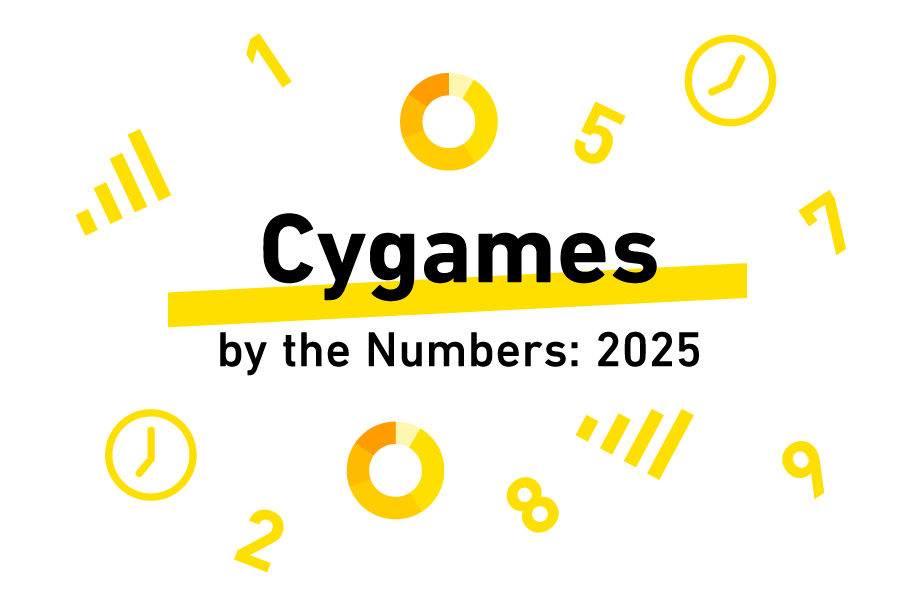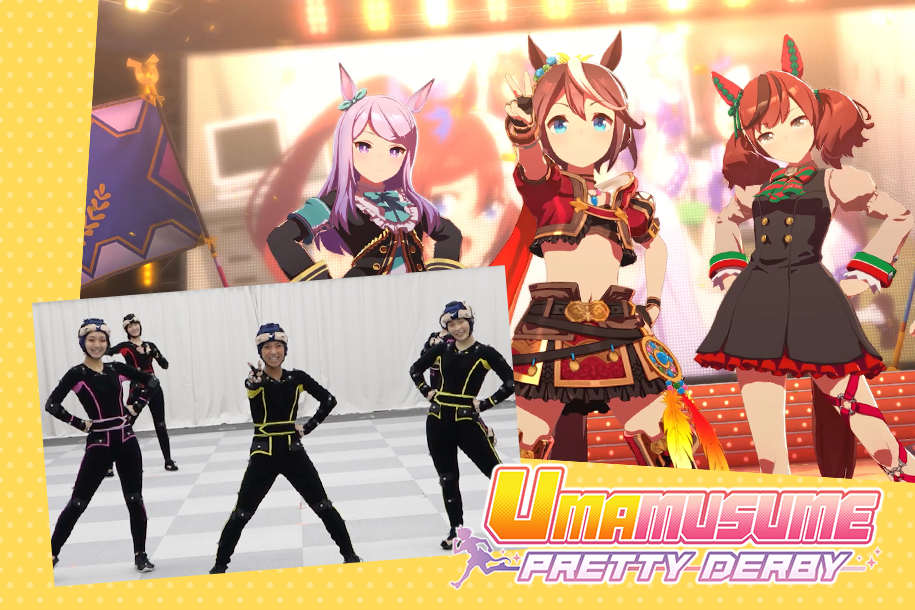An excellent game experience no matter where you are! A conversation with the localization team

Cygames’ titles—”Shadowverse,” “Princess Connect! Re: Dive,” “Dragalia Lost” (in conjunction with Nintendo), and “Granblue Fantasy”—are currently being developed in other languages for overseas players and non-Japanese speakers living in Japan.
In the article “Bringing Cygames to the World! Asian Business Development on Regional Operation Optimization!” we introduced the work of Asian Business Development. Today, we’ll be talking with the localization team about what goes into their work of delivering content to other cultures!
The history behind the development of the localization team and the role that they play
Can you tell us a little about how the localization team came to be?
It all started when a translator was needed during the development of the English version of “Rage of Bahamut.” After that, there were other projects that needed localization in languages aside from English, so we decided it would be best to create a team that could focus on and manage the localization process.
How is the localization team structured?
As of July 2020, our team currently has around 70 members. We have native speakers of English, Korean, Chinese (Traditional and Simplified), French, Italian, German, and Spanish handling translation and LQA (Localization Quality Assurance), as well as coordinators in charge of keeping work on track. Generally, staff are assigned one title to work on, but we do have some staff working on multiple titles.
What role does the localization team have in content creation?
Though translation may be what first comes to mind, localization involves not only translating, but also reviewing the overall creative content so that the product is released in the best form possible for each language or region. The localization team ensures that content is developed with the region’s tastes, trends, and culture in mind. This is known as “culturalization.”
I see. Do you have an example of “culturalization”?
For example, the most recent story release of “Shadowverse” in August was set in the Wild West. In the English release, we focused on using appropriate phrasing and verbiage that fit the setting, such as expressions that would appear in cowboy films.
More specifically, one of the main characters, Baron, has a scene in which he says, “The fool man lives in rags. The wise man lives in silk. Them’s the natural order of things, I reckon.” This line uses “them” and “reckon” in a way that invokes a speech pattern typical of the South. As colorful metaphors are also commonplace, we opted for more vivid and concrete imagery in the English translation.
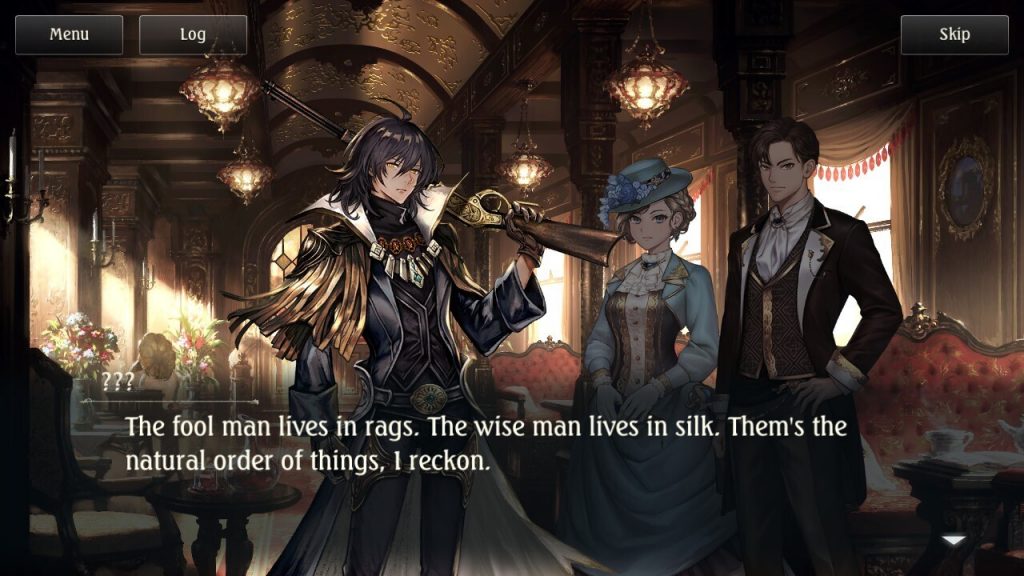
Furthermore, in order to bring out the atmosphere of the region and time period, we gave the writing team a good deal of feedback and suggestions regarding the vocabulary and setting used in the game.
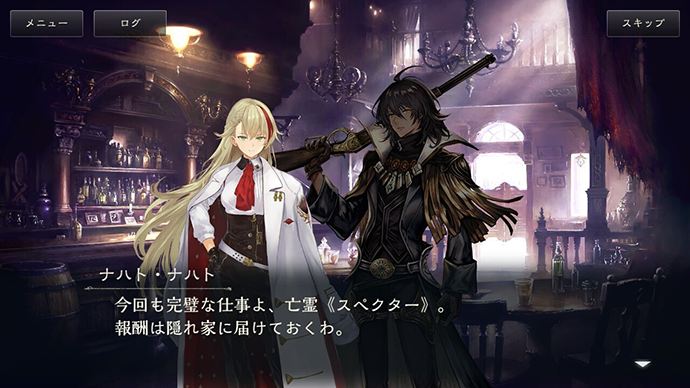
Presently, the English dubbing has been delayed due to COVID-19. However, it is planned for release in the near future, so please look forward to it!
Wordplay and Comics
Localization is hard work!
Can you give an example of when localized content became a hot topic in its targeted region?
Recently, Granblue Fantasy’s sixth anniversary event “Seeds of Redemption” had a pop-up preview where the English translation attracted some attention. The original Japanese referenced the numbers one to ten following the names of the Eternals, and included a large amount of Buddhist terminology. In the English version, a similar usage of concepts relating to numbers appeared alongside terms found in Western religions. In this way, both the original text’s archaic feel and wordplay were kept in the translation. This drew the attention of not only players of the English version, but Japanese players as well.
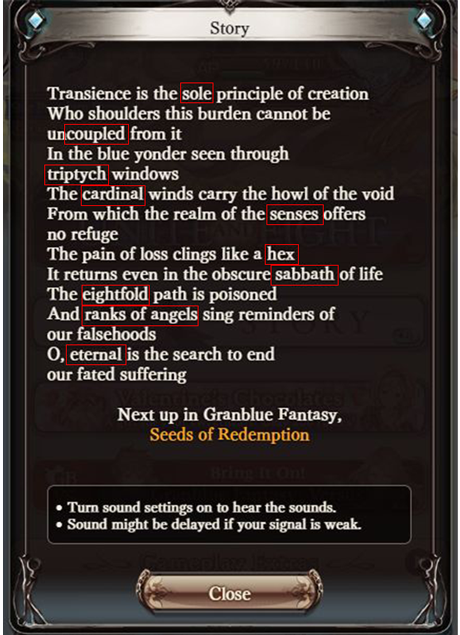
A different example would be with “Dragalia Lost,” in which localization for Asia is handled by Cygames. The character Curran in the Traditional Chinese version of the game became a topic of conversation.

The Chinese characters used for his name not only mean the same as the original name in Japanese, but are also pronounced the same as the word in Chinese for “super cool.” Instead of simply using Chinese characters to match the Japanese pronunciation, the team selected characters that suited both Curran’s name and the impression he gives. This double meaning was well-received by players.
Can you tell us about a time when the localization team had some trouble with a translation?
This goes for all projects and languages, but wordplay and puns are what we struggle with the most. The simplest way is to translate the Japanese as it is and add an explanation in parentheses, but doing so would remove much of the fun aspect, so we put a lot of thought into making sure that feeling isn’t lost.
For instance, Chapter 218 of “Dragalia Life,” a comic featuring the characters of Dragalia Lost, had a pun involving the character Tobias’s original Japanese name. To make a similar joke in the Simplified Chinese version, various combinations of words were tried before we were able to reach a similar gag. Even for a small joke, it takes a huge amount of effort to make it work; however, our players understand the efforts we go through, and when it’s well-received, it feels like a big accomplishment.
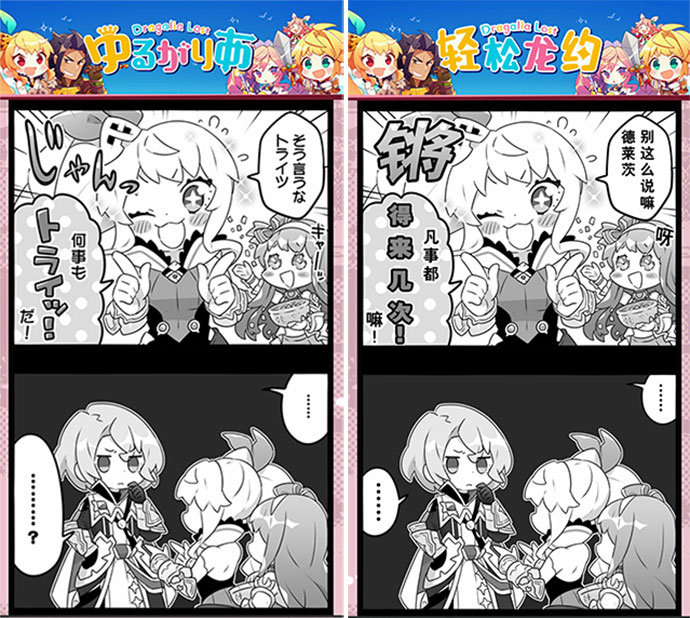
We also need to make sure the translations match the visuals in the comic.
To give another example, Chapter 1162 of “Grand Blues!”, a comic set in the world of “Granblue Fantasy,” has a scene in which the character Monika eats a traditional Japanese snack called monaka. We considered replacing monaka with wafers, a snack that would be more familiar to a Western audience; but in the end, we left it as is with a note about monaka. Later on in Chapter 1440, yatsuhashi—another traditional snack—makes an appearance, adding to the gag involving Monika and Japanese sweets. Luckily, we were able to keep the joke going in the English version as well. The dialogue and drawings of characters in “Grand Blues!” often become synonymous with the character in the minds of the fans, so we make sure to consider how translating new words will affect this.
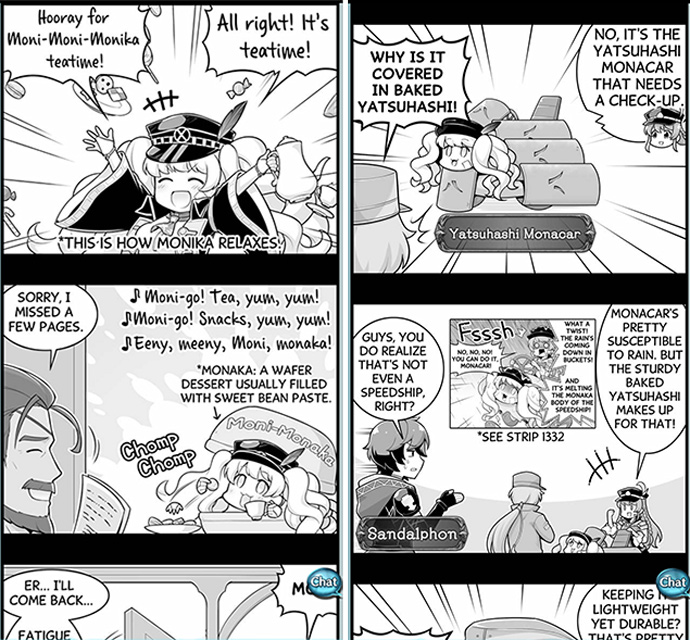
In cases where it just isn’t possible to keep the comic in its original form, we’ve had to make the tough decision of changing illustrations specifically for the English version, but generally we try to keep the original theme of the comic as much as possible.
Localization of wordplay does seem extremely difficult and demanding.
In addition—and this is something common to all projects—the difference in the amount of information relayed in everyday speech varies depending on the language, which can be an ongoing challenge. This is often regarded as the “high-context culture and low-context culture” problem. Japanese is part of one of the most high-context cultures (1) in the world; when it is translated into a language from a low-context culture (2), we are frequently left with a lack of information.
*1: Information is able to be relayed with a relatively small amount of words.
*2: Information must be transmitted with specific wording. English and other European languages fall under this category.
An easy way to understand this would be the difference in the way the subject and object of a sentence are expressed between languages. Constantly specifying them in Japanese speech would come across as unnatural, but in low-context cultures, the subject and object must be mentioned regularly. Because of this, words that have been left out in the Japanese source must be understood using context clues for translation to begin.
What do you usually look out for when doing localization work?
It’s hard to say what is correct with localization. That being said, there are times when something just doesn’t fit and the intention of the source gets lost in translation. Our work differs from simple translation in that we aim to capture the “intention” of a phrase and correctly convey that, rather than simply converting a sentence from one language to another. Even if the meaning is correct, it is not sufficient localization if the intention itself is not properly conveyed. To sum it up: no matter the language, our ideal is for all users, regardless of where they are in the world, to be able to have the same experience as they would from the original version.
There is also the problem of compliance when it comes to expressing words and phrases. For example, things relating to politics, history, religion, or race, as well as gender, character, and appearance are not usually considered as problematic in Japan as compared to the rest of the world. There are also cases where something can sound biased no matter how you translate it in another culture’s language. By being aware of this risk during the localization process, we can alter the way something is phrased so that it is more inclusive and does not offend any audiences.
“Bringing joy to the world with the best entertainment”
Objectives for the future
Lastly, tell us what the localization team’s goals are for the future.
In terms of overseas expansion, on a company-wide scale, our goal is to raise the popularity and awareness of Cygames and its titles globally. As for the localization team, we want to create an environment where anyone in the world can enjoy the best entertainment and beyond that.
We all have times when we feel sad or uneasy. It is our hope that during those times, even if it’s only for as little as five minutes, playing one of our games and experiencing another world—or perhaps waiting excitedly for the next release of their favorite series—can lift someone’s spirits and make their day a little brighter. It would be great if we could have that kind of a positive influence on people’s lives.







